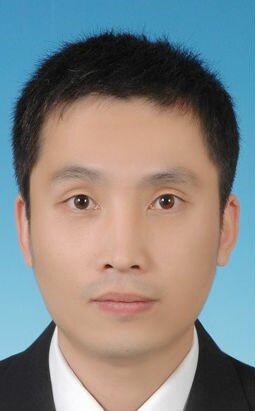
Assistant Professor
Department of Chemistry
Quaid-i-Azam University (QAU)
Pakistan
 |
Afzal Shah Assistant Professor Department of Chemistry Quaid-i-Azam University (QAU) Pakistan |
 |
Erich Cosmi Associate Professor Department of Woman and Child Heath University of Padua Italy |
 |
Esmail Mohammad El-Fakharany City for Scientific Research and Technological Applications Borg AL-Arab, Alexandria Egypt |
 |
Lizhong Wang Assistant Professor Department of Genetics University of Alabama at Birmingham USA |
 |
Mahbod Sahebi Laboratory of Plantation Crops Institute of Tropical Agriculture Universiti Putra Malaysia Malaysia |
 |
Milena Ferreira dos Santos National Institute of Amazon Research Brazil |
 |
Osam Mazda Professor Department of Immunology Kyoto Prefectural University of Medicine Japan |
 |
Saira Ali Microbial Physiology Group National Institute for Biotechnology and Genetic Engineering Faisalabad, Pakistan |
 |
Shaaban Hemdan Moussa Assistant Professor Microbial Biotechnology Department Genetic Engineering & Biotechnology Researsh Institute University of Sadat City Egypt |
 |
Shi-Hong Zhang Professor College of Plant Sciences Jilin University PR China |
 |
Shimao Zhu Shenzhen Weiguang Biological Products Co., Ltd China |
 |
Shireen Kamal Assem Professor and Director Agricultural Genetic Engineering Research Institute Agricultural Research Center (ARC) Egypt |
 |
Suresh Kumar Principal Scientist Department of Plant Biochemistry Division of Biochemistry Indian Agricultural Research Institute India |
 |
Yuzheng Zhao Associate Professor School of Pharmacy East China University of Science and Technology China |